A recent audit by the Energy and Petroleum Regulatory Authority (EPRA) has revealed a concerning safety lapse within the Liquefied Petroleum Gas (LPG) sector.
The audit, conducted between July and December 2023, found that over a third (34.7 per cent) of inspected cooking gas storage and filling stations failed to meet safety, maintenance, risk management, and emergency preparedness standards.
EPRA's inspections encompassed 840 wholesale and retail sites, with a national compliance rate of only 51.96 per cent.
While bulk LPG road tankers fared better with a compliance rate of 82.07 per cent, the results for storage and filling plants were particularly alarming.
Only 65.3 per cent of the 18 LPG facilities inspected passed the compliance test.
Read More
The report did not detail potential sanctions for non-compliant stations.
EPRA, however, emphasized its commitment to improving LPG sector compliance through public education, awareness campaigns, and enforcement actions.
These actions historically include facility closures, license cancellations, and legal proceedings against violators.
The audit's findings raise significant safety concerns, especially considering the recent surge in LPG consumption across Kenya.
This growth has seen a proliferation of gas filling stations, including those situated within residential areas.
With a substantial portion of these facilities failing to meet safety standards, the risk of explosions and injuries to nearby residents is substantially heightened.
The tragic events of February 2024, when an Embakasi gas station explosion claimed ten lives, stand as a stark reminder of the potential consequences.
Following this incident, EPRA took decisive action, closing down 49 unauthorized filling stations.
EPRA's audit underscores the urgent need for stricter enforcement and improved industry practices to ensure safe LPG storage and distribution in Kenya.
Public awareness campaigns and ongoing compliance checks will be crucial in mitigating risks and preventing future tragedies.

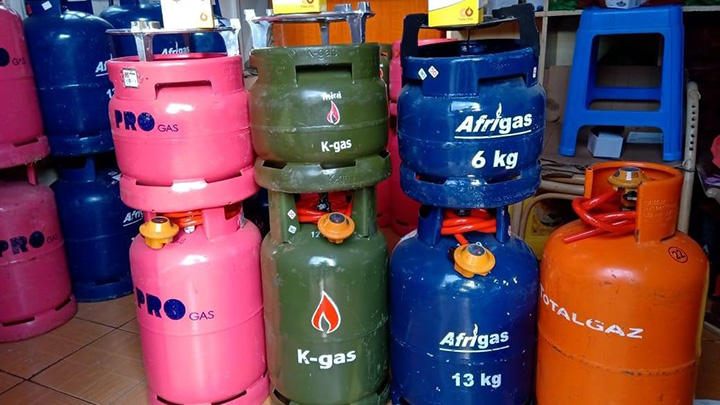
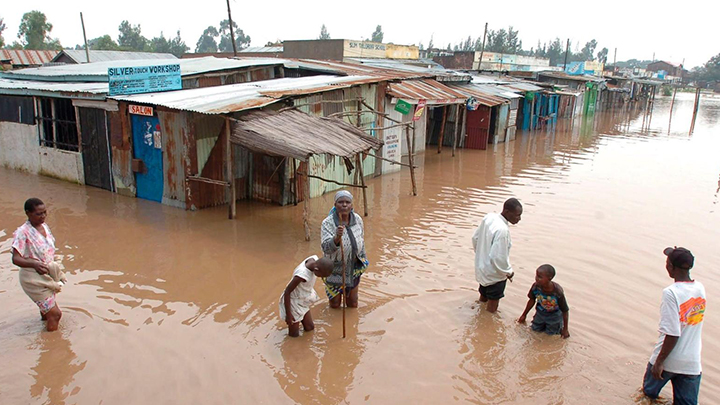
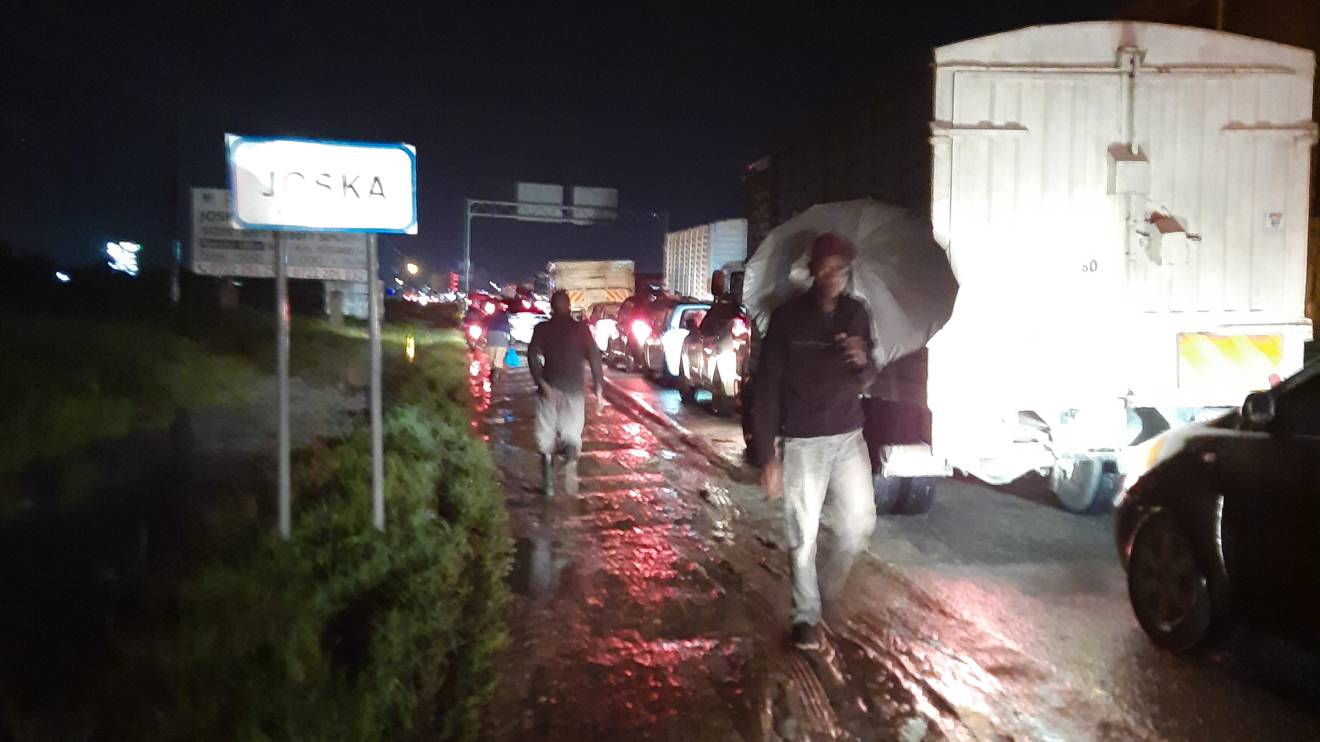
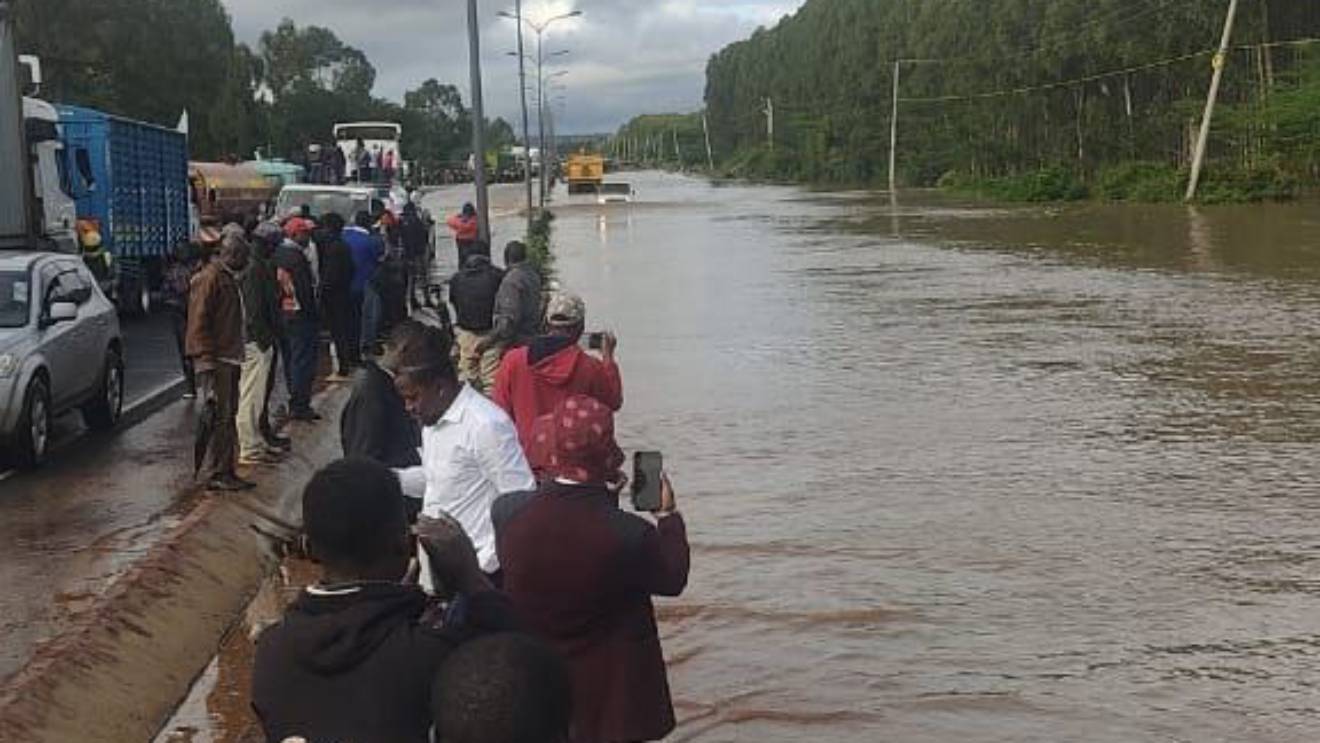
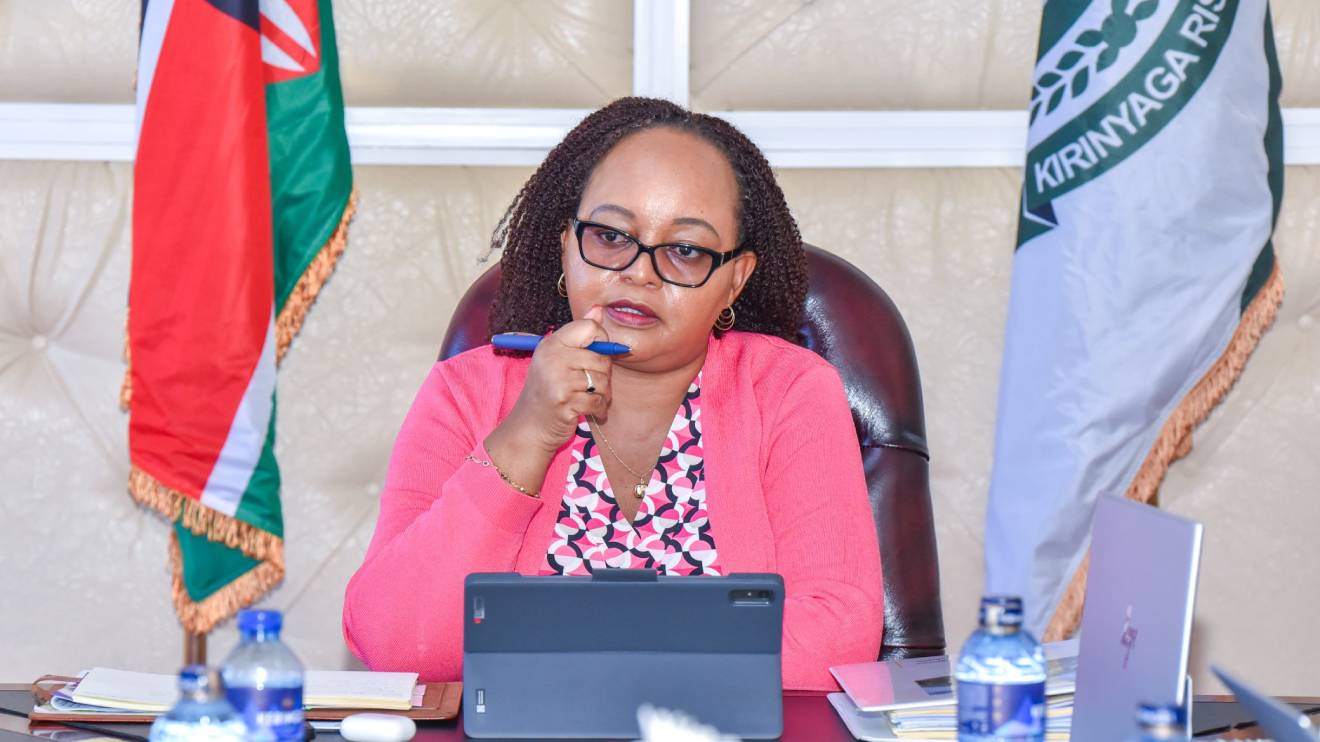

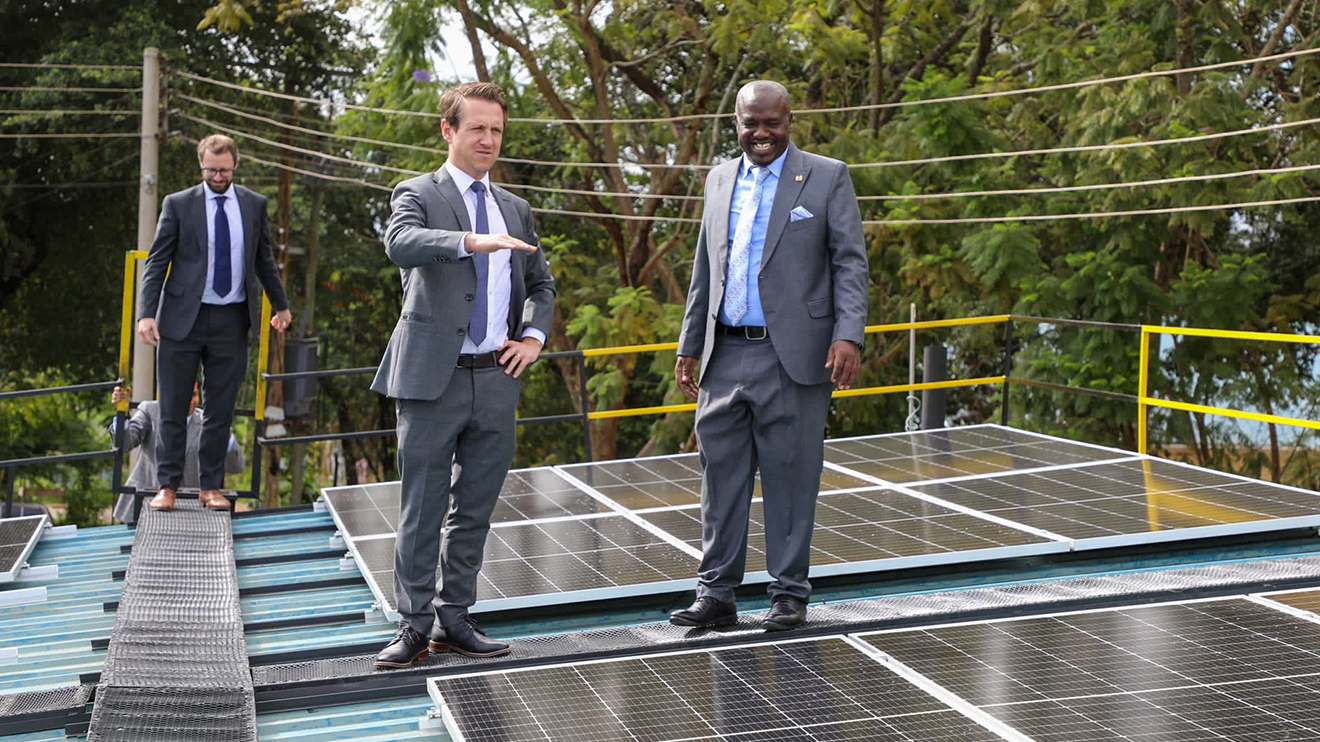

-1714403693.jpg)

